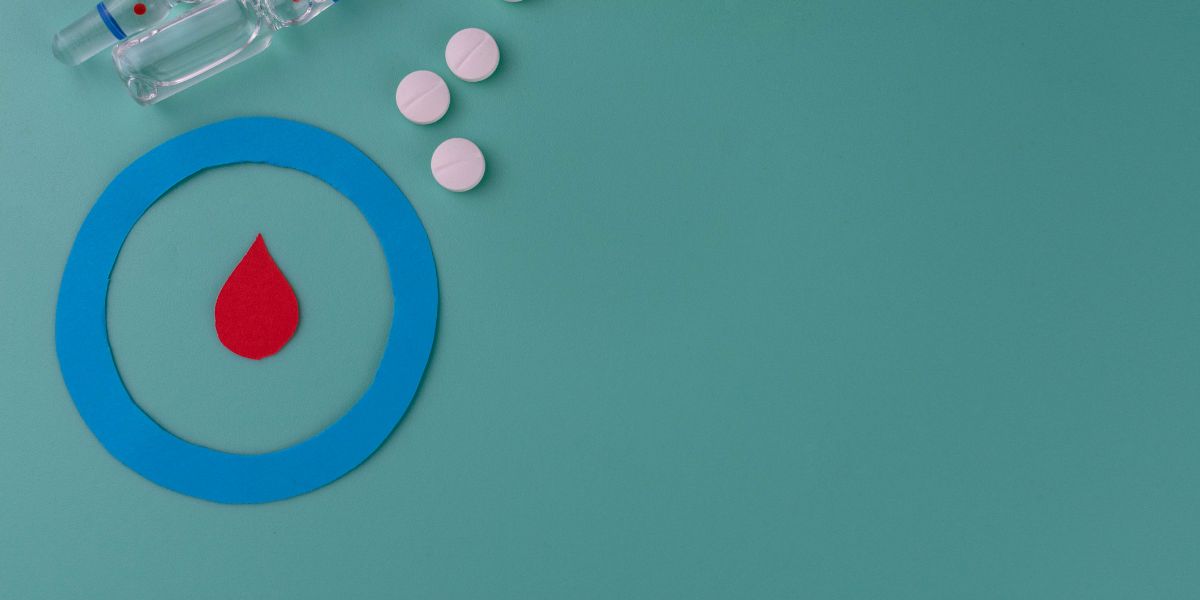- Messages
- 4,423
- Location
- Suffolk, UK
- Type of diabetes
- Type 2
- Treatment type
- Tablets (oral)
- Dislikes
- Diet drinks - the artificial sweeteners taste vile.
Having to forswear foods I have loved all my life.
Trying to find low carb meals when eating out.
T2 not currently on any medications which carries a high risk of hypos.
Although Dapagliflozin can carry some risk.
I have never (as far as I am aware) had a hypo.
Although my Libre 2+ has shown readings around and below 4 which I have not checked by finger prick.
So how do you know if you are hypo aware?
Are hypos inevitable on certain medications?
I am just pondering this for the future if I progress to some drug which over stimulates my pancreas, or onto insulin.
I would need to notify DVLA and state that I am hypo aware.
Which presumably means that I would have to experience a hypo and be aware of that.
Not something I have thought about much until recently.
Has everyone on hypo risk medications experienced at least one hypo?
What are the implications of being hypo unaware?
Do you just pass out, and with luck there is someone near who can supply sugar?
Although Dapagliflozin can carry some risk.
I have never (as far as I am aware) had a hypo.
Although my Libre 2+ has shown readings around and below 4 which I have not checked by finger prick.
So how do you know if you are hypo aware?
Are hypos inevitable on certain medications?
I am just pondering this for the future if I progress to some drug which over stimulates my pancreas, or onto insulin.
I would need to notify DVLA and state that I am hypo aware.
Which presumably means that I would have to experience a hypo and be aware of that.
Not something I have thought about much until recently.
Has everyone on hypo risk medications experienced at least one hypo?
What are the implications of being hypo unaware?
Do you just pass out, and with luck there is someone near who can supply sugar?

